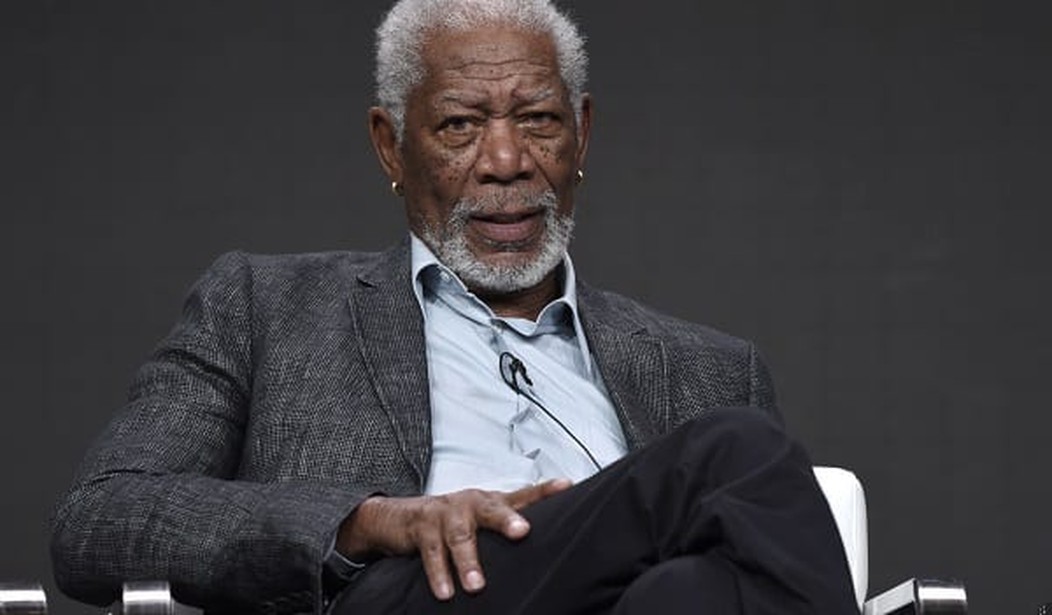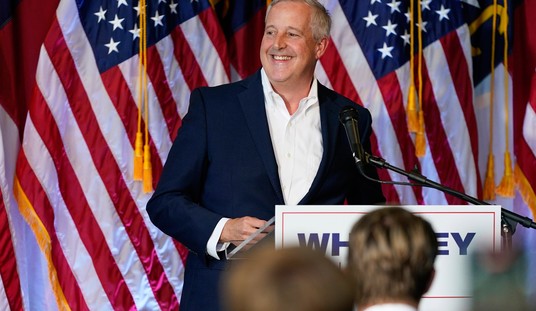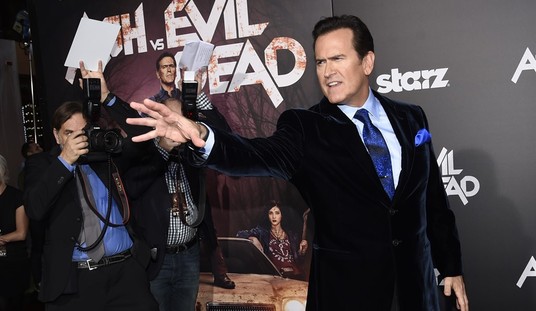Actor Morgan Freeman was the latest big name to end up on the #MeToo list this week, after CNN published allegations from multiple women (and supported by multiple corroborating witnesses) that he had sexually harassed them on the sets of his films. Initially, Freeman apologized and did not refute the allegations. Late last night, he issued an additional statement that sought to differentiate his conduct from those who had committed sexual assault or sought to exchange sex for professional opportunities.
The new statement from Freeman was first reported by New York Times reporter Sopan Deb on Twitter:
I am devastated that 80 years of my life is at risk of being undermined, in the blink of an eye, by Thursday’s media reports.
All victims of assault and harassment deserve to be heard. And we need to listen to them. But it is not right to equate horrific incidents of sexual assault with misplaced compliments or humor.
I admit that I am someone who feels a need to try to make women–and men–feel appreciated and at ease around me. As a part of that, I would often try to joke with and compliment women, in what I thought was a light-hearted and humorous way.
Clearly I was not always coming across the way I intended. And that is why I apologized Thursday and will continue to apologize to anyone I might have upset, however unintentionally.
But I also want to be clear: I did not create unsafe work environments. I did not assault women. I did not offer employment or advancement in exchange for sex. Any suggestion that I did so is completely false.
As Kira Davis discussed earlier today, there should be a debate about how we define harassment and assault, and the #MeToo movement has been criticized for “blurring the line” — whether intentionally or not — between inappropriate behavior like juvenile comments, and more serious conduct like sexual assaults or attempts to intimidate or extort someone into sexual activity.
With that in mind, Freeman does have a valid point that his behavior is certainly not as extreme as the alleged rapes and demands for sex under threat of professional blackballing committed by disgraced producer Harvey Weinstein and others.
Going back to the old elementary school mantra of “sticks and stones may break my bones, but words will never hurt me,” it’s logical to say that it’s easier and less stressful to brush off some gross words from a guy than to thwart a physical assault.
But where do we draw the line on what is an “unsafe” work environment? For the women working with Freeman, who in every single example were less famous, less wealthy, and less powerful than he, did they feel “safe” when he was making such comments, when he was trying to lift a skirt or ask them if they were wearing underwear?
Or did they feel they had to grit their teeth and tolerate his behavior? Did they worry that telling him to stop or complaining about him to others would mean risking losing their job — as well as risking future opportunities, if word got out that they were “difficult”?
And let’s be clear about what an “assault” is: legally, that term is defined as inflicting physical harm or an unwanted physical contact. You don’t have to actually be raped or suffer an injury in order for it to be an assault. You just have to not want to be touched and there not be a good excuse (someone accidentally tripping and bumping into you, or pushing you out of the way of an oncoming car, for example, aren’t “assaults”).
The allegations against Freeman — of which, remember, he has not disputed the veracity — do include multiple accusations of “unwanted touching,” including the aforementioned attempts to lift one woman’s skirt.
That. Is. Assault.
It also should be noted that Freeman repeatedly characterizes his conduct as intended to be “compliments” or “humor.” He apologizes — but it’s to “anyone I might have upset, however unintentionally.”
First rule of crisis management is that you don’t apologize “to those who were offended.” The aggrieved party’s emotional reaction is not the problem; the original misbehavior is the issue, and the reason an apology is needed. The way Freeman parses his words, he seems to be insinuating the problem is that those darn broads can’t take a joke.
It’s also telling that the very first thing Freeman mentions isn’t an apology, but how he is “devastated” that his life’s work is “at risk of being undermined” by the allegations against him.
I disagree with Freeman politically, but have no reason to doubt he is intelligent. I find it hard to believe he was unable to comprehend that a woman might not find it funny when he kept asking her if she were wearing underwear — much less if he actually tried to lift her skirt and check!
Freeman is right that he’s not a rapist and shouldn’t be treated as such. But he was in a position of power on these film sets over his female accusers, and some of his alleged conduct does in fact rise to the level of “assaults.” Kira Davis and others have voiced valid concerns about #MeToo painting misbehaving men with too broad of a brush, but Freeman isn’t wearing a halo here.
What do you think? Is Freeman’s apology sufficient, or do you think he’s not fully acknowledging his conduct? Where should the #MeToo movement draw the line?
Follow Sarah Rumpf on Twitter: @rumpfshaker.













Join the conversation as a VIP Member